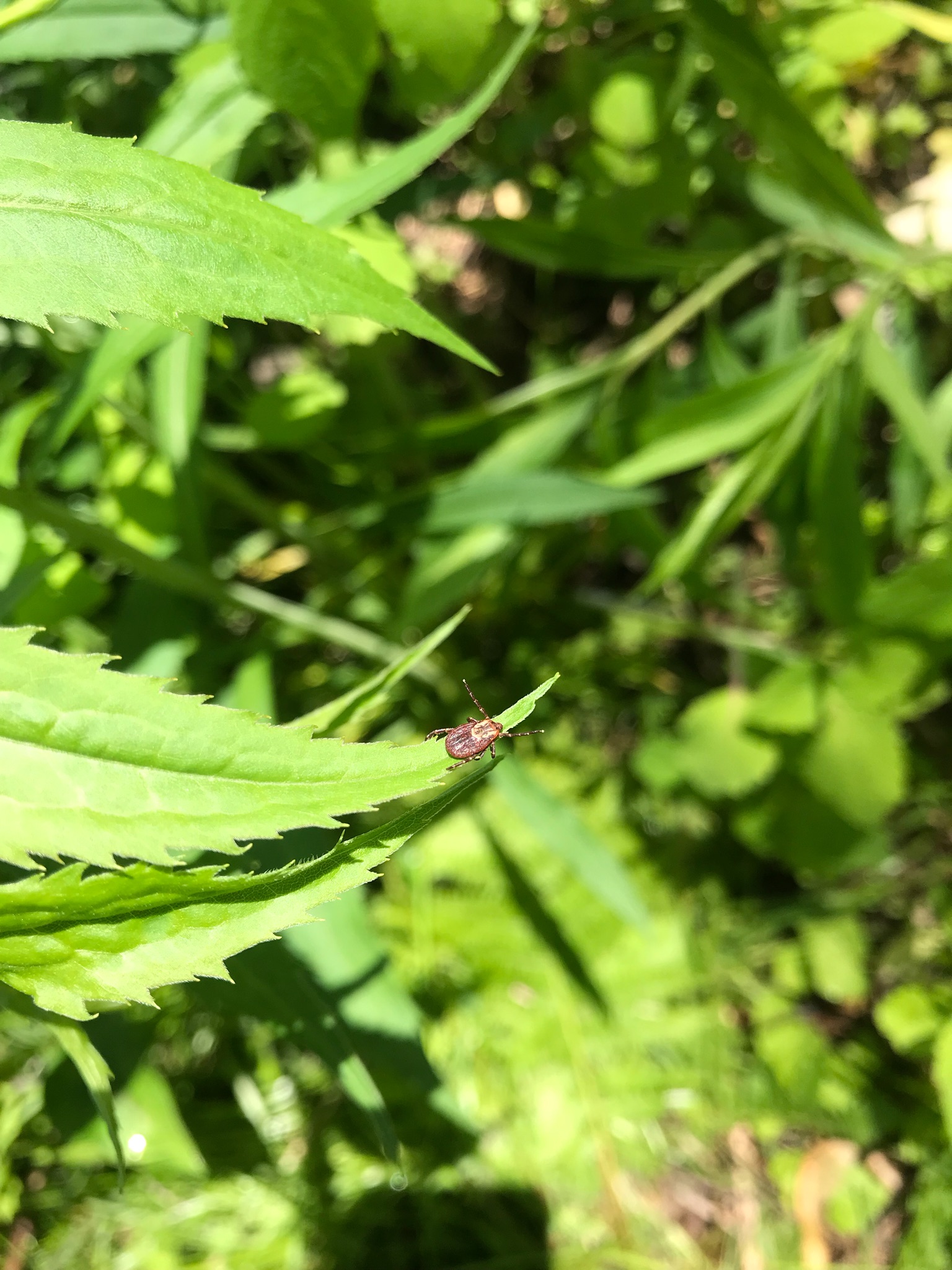Bartonellosis is the disease caused by an active infection of bacteria, which are members of the genus Bartonella. many different species of Bartonella can cause disease and the symptoms may vary greatly depending on the specific species causing the infection. In regards to ticks, infection with Bartonella spp. can occur when a person or animal is bitten by a black-legged tick, also known as the deer tick (Ixodes scapularis) or a western black-legged tick (Ixodes pacificus) that is already infected with the bacteria. While multiple species of Bartonella have been documented in black-legged ticks (deer ticks), one of the most commonly found species is the Bartonella henselae. This species is responsible for the disease known as cat scratch disease and symptoms of this infection are most commonly swollen lymph nodes, fatigue, fever, poor appetite, and headaches. Bartonella henselae (cat scratch disease) is reported most in the fall and winter seasons in the United States. Individuals with a suppressed immune system or those that are undergoing any cancer treatment, severe infections may develop that can cause a variety of health complications. Most individuals infected with Bartonella henselae will naturally clear the infection without any treatment. Other diseases caused by the Bartonella infection are Trench fever (Bartonella Quintana), Carrion’s disease (Bartonella bacilliformis), and sub-acute endocarditis. Other species of Bartonella associated with ticks have been found to cause disease, but this area of medicine is currently under research. Common treatment for this infection is the antibiotic doxycycline, which can be prescribed to both adults and children for a 7-14 day period. With this medication, the infection should disappear within 10 days.
Info. from: http://www.cdc.gov/bartonella/transmission/index.html


